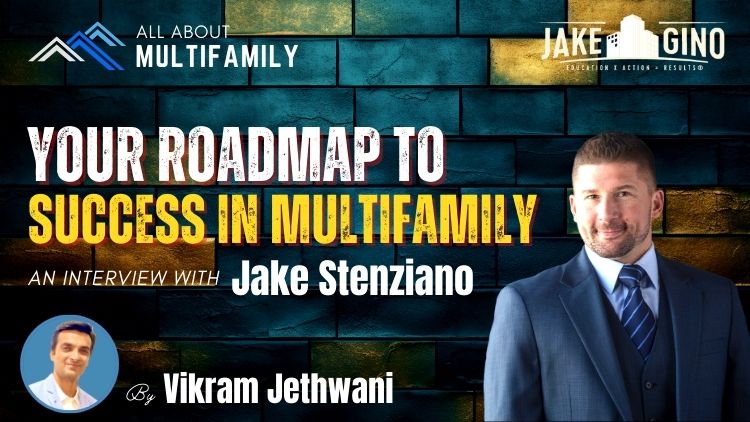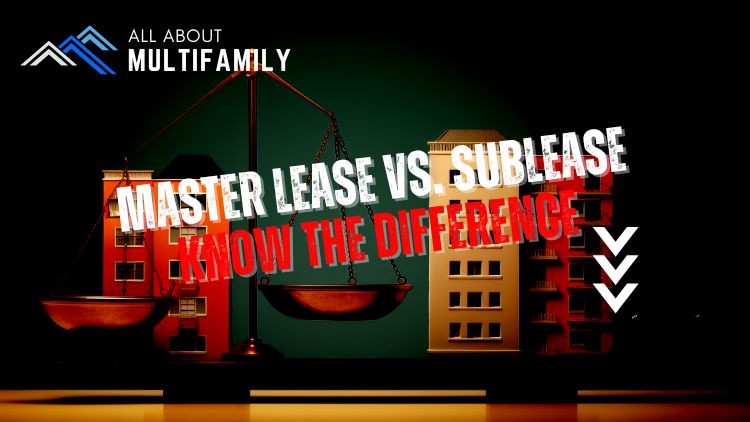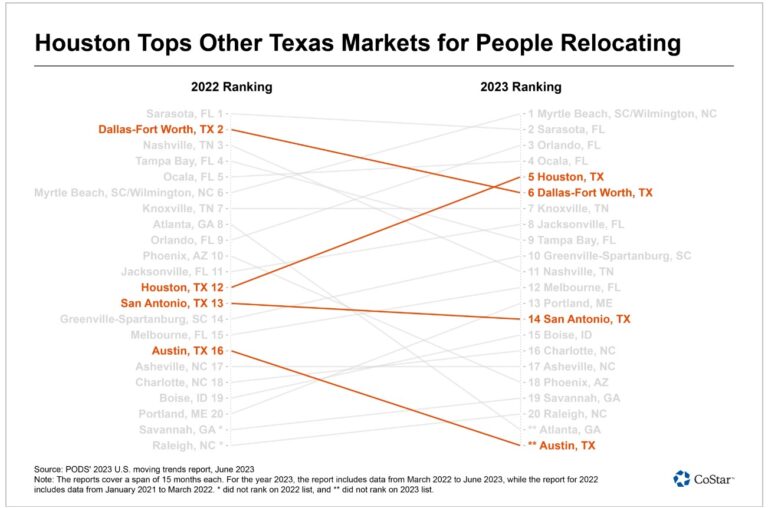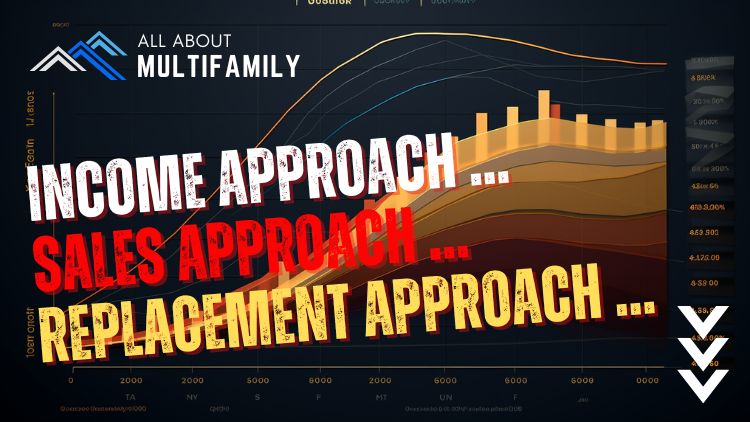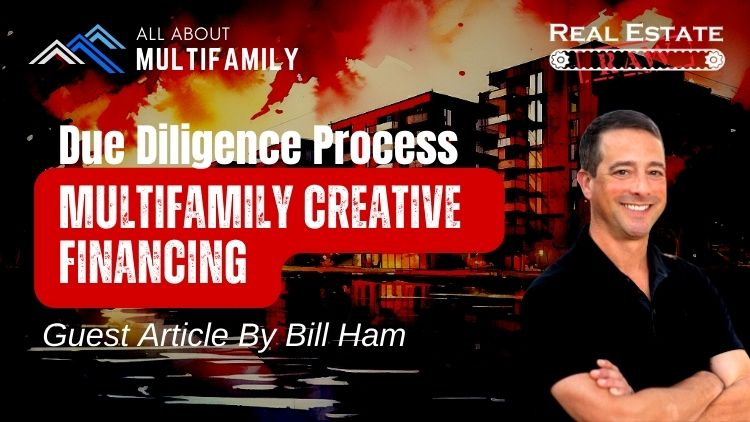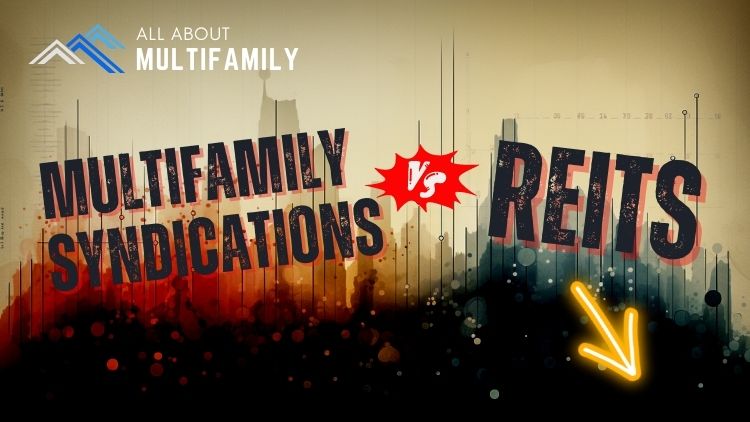Introduction:
“Getting to Yes: Negotiating Agreement Without Giving In” is a seminal book written by Roger Fisher and William Ury, originally published in 1981. The book presents a revolutionary approach to negotiation that aims to create mutually beneficial agreements while avoiding unnecessary conflicts and concessions. Drawing upon their experiences at the Harvard Negotiation Project, the authors challenge traditional negotiation methods that often lead to adversarial outcomes. Instead, they introduce the concept of principled negotiation, which is focused on separating people from the problem, focusing on interests rather than positions, generating options for mutual gain, and insisting on using objective criteria to assess potential agreements.
Key Takeaways:
- Separate People from the Problem: The authors emphasize the importance of recognizing that negotiation involves not just the exchange of terms, but also the interaction between individuals with their own emotions, perceptions, and values. By addressing these interpersonal issues separately from the substantive matter at hand, negotiators can prevent personal conflicts from undermining productive discussions.
- Focus on Interests, Not Positions: Traditional negotiation often revolves around rigid positions that parties take. Fisher and Ury advocate for shifting the focus to underlying interests – the reasons behind those positions. By understanding and addressing the interests of both sides, negotiators can uncover opportunities for creative solutions that satisfy the core needs of all parties.
- Generate Options for Mutual Gain: Instead of settling for a zero-sum game where one side’s gain is the other’s loss, the book suggests brainstorming multiple potential solutions that meet the interests of both parties. This approach encourages collaboration and helps uncover alternatives that might not have been initially apparent.
- Insist on Using Objective Criteria: Rather than relying solely on subjective opinions, the authors propose using objective criteria to evaluate proposed solutions. This approach adds legitimacy to the negotiation process and helps avoid arbitrary decisions.
- BATNA: Best Alternative to a Negotiated Agreement: Fisher and Ury introduce the concept of BATNA – the best alternative available if no agreement is reached. Understanding one’s BATNA provides negotiators with a clear benchmark against which to assess potential agreements and make informed decisions.
- Negotiation as a Joint Problem-Solving Exercise: The book redefines negotiation as a joint problem-solving exercise rather than a contest of wills. This shift in perspective encourages open communication, collaboration, and the pursuit of solutions that benefit all parties.
- Win-Win Approach: The authors advocate for a win-win mentality where both sides can achieve their goals without forcing one party to concede excessively. This approach creates a more sustainable and amicable long-term relationship.
- Applying the Method to Various Scenarios: “Getting to Yes” provides numerous real-world examples, demonstrating how the principled negotiation method can be applied to a wide range of contexts, from business deals and labor disputes to international diplomacy.
In conclusion, “Getting to Yes” offers a transformative perspective on negotiation that has had a lasting impact on how individuals, organizations, and governments approach disputes and agreements. By promoting open communication, collaboration, and creative problem-solving, the book provides a practical framework for achieving mutually beneficial outcomes while maintaining strong relationships.


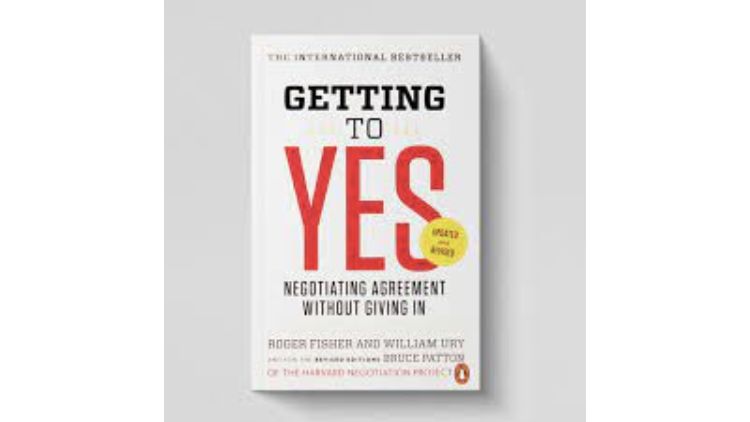























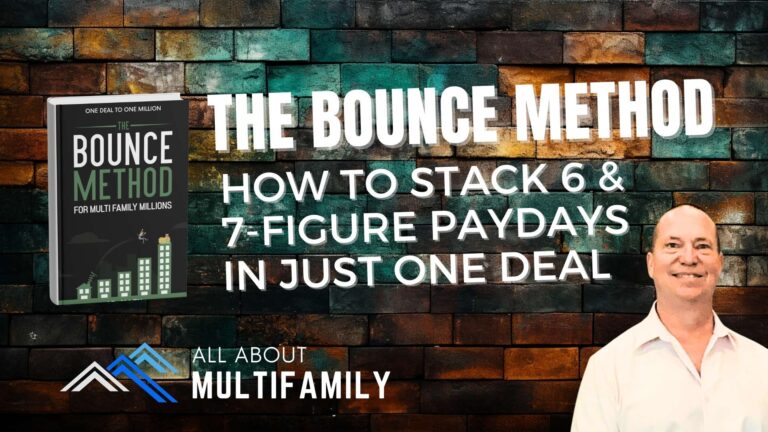









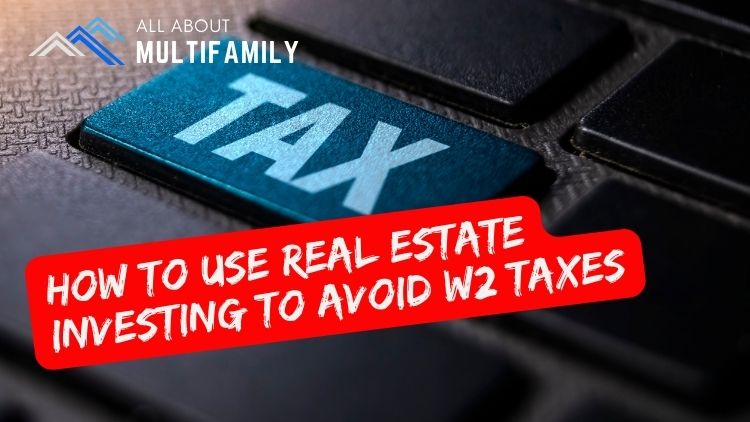









![An In-Depth Look at Jake and Gino's Coaching Program [A Review]](https://allaboutmultifamilyinvesting.com/wp-content/uploads/2023/10/AAM-BMP-Blog-Covers-750-×-422px-6.jpg)


![Email Marketing Tips for Multifamily Real Estate Syndicators to Raise Capital [Templates included]](https://allaboutmultifamilyinvesting.com/wp-content/uploads/2023/09/AAM-BMP-Blog-Covers-750-×-422px-4.jpg)
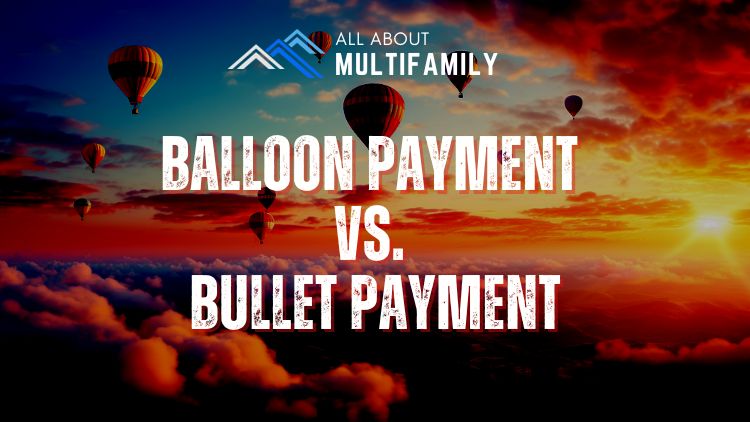


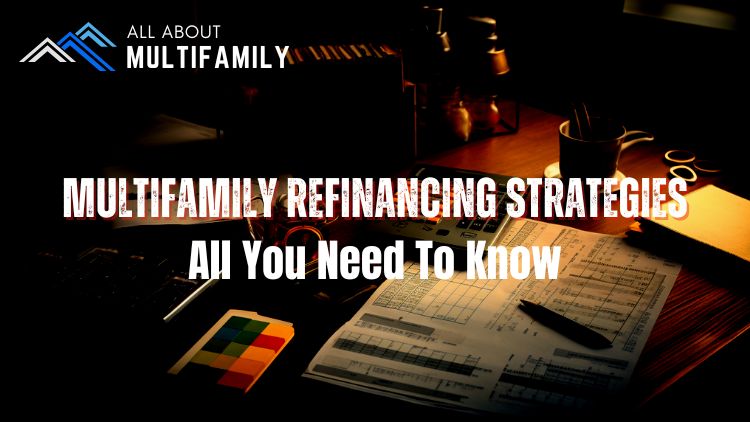

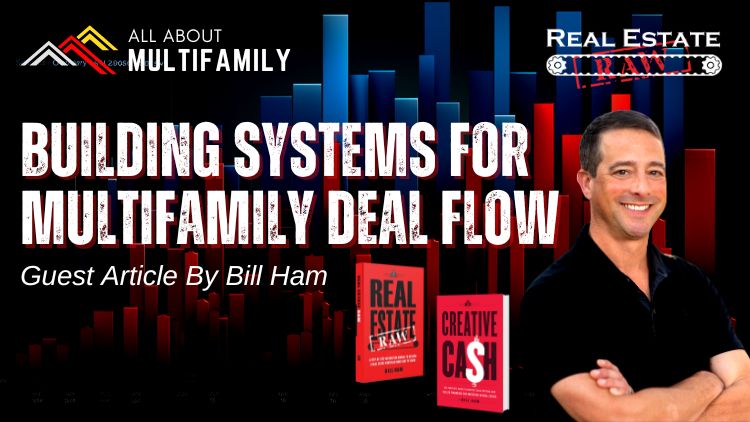
![The Richest Kids In America [Book Review]](https://allaboutmultifamilyinvesting.com/wp-content/uploads/2023/09/AAM-BMP-Blog-Covers-750-×-422px-84.jpg)
